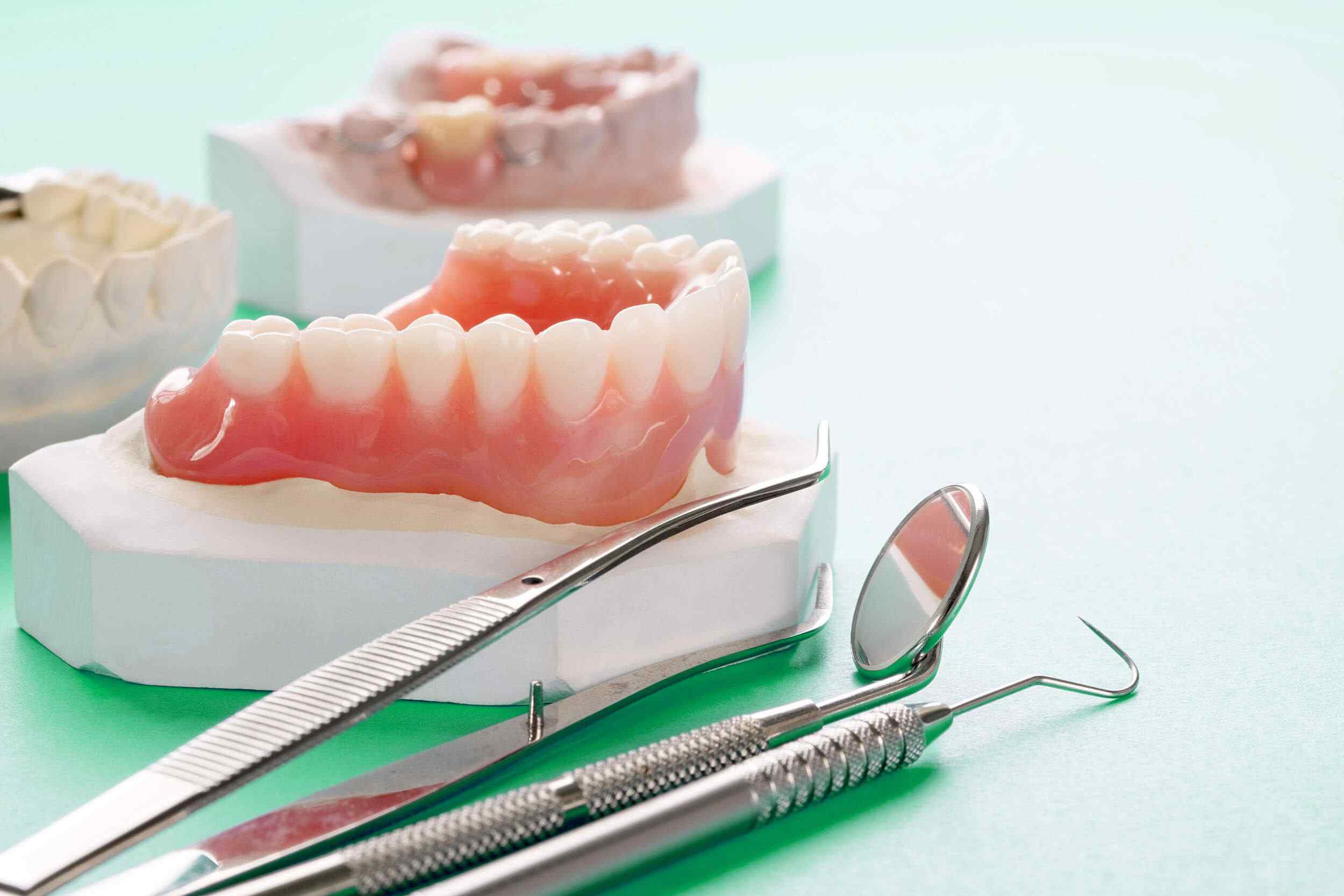The loss of a tooth irremediably affects our dental esthetics and one of the solutions to this problem are implants.
Sometimes we are reluctant to this type of treatment, since a very common question that can cause us rejection is whether it hurts to wear a dental implant.
The truth is that, as a general rule, dental prostheses do not hurt during their placement, nor during the postoperative period, nor with their subsequent use when biting and chewing.
This is one of the advantages of implants, which are not only painless, but also contribute to improving oral health and the appearance of the oral cavity.
However, to clear up any possible doubts, we explain in detail, and phase by phase, if there is any type of discomfort or discomfort in the process.
Implant placement: a painless procedure
A priori, it may seem that placing a dental implant hurts because it is a complex procedure, but the truth is that it is quick and simple.
Keep in mind that dental anesthesia is applied and, once it wears off, the implantologist may recommend the intake of painkillers to alleviate possible discomfort.
In video: the surgery step by step
In this video, our experts explain the dental implant placement process in detail.
Guided surgery
Thanks to advances in medical technology, it is now possible to place an implant using computer-guided surgery.
This technique allows the implantologist to create a 3D copy of the patient’s jaw and to know the exact spot where the prosthesis should be placed.
Using a surgical guide, the professional implants the screw in the previously planned place, avoiding drilling the gum more than necessary.
With this system, the postoperative period is improved since stitches are not necessary and the operation time is shorter.
Anesthesia avoids pain for the patient
As we mentioned previously, before starting the intervention, the doctor in charge of performing the surgery applies local anesthesia to the patient.
There are people who are very reluctant to undergo dental surgery and, in these cases, at DrAW Dental Clinic we also offer conscious sedation.
You may be interested in ” Can I have implants if I have periodontitis?
With this technique, the person who needs more support before undergoing surgery will feel more relaxed and less nervous.
It is recommended for patients who have high levels of stress and anxiety.
Thanks to it, the process will be more bearable and easier for those patients who consult us with concern if dental implants hurt.
The implants act like a natural tooth, so the patient does not notice the difference and can live a completely normal life.
Possible complications caused by dental implants
Once the surgical intervention has been completed, it is usual to feel some discomfort or inflammation in the area, which is not a sign of seriousness and is usually temporary.
But how long does a dental implant hurt? The truth is that, if everything goes well, these effects should subside in a period of less than 7 days.
However, it is important to take into consideration that if more than one implant has been placed, the discomfort may last a little longer.
Depending on each case, it will be the implantologist who will advise you on what inconveniences you may have in the postoperative period.
The prosthesis acts like a normal tooth
Enlarge image
DENTURE WITH PROSTHESIS
If after the time indicated by the professional the affliction continues, it is important that you go back to the dentist for consultation.
As we have pointed out, in the days after surgery it is possible that the patient may have some discomfort that can be mitigated by following these tips:
To relieve inflammation, apply some ice wrapped in a cloth over the area of the face that is most swollen.
If this is not enough, the dentist may advise taking an analgesic to help alleviate the pain.
The area where the prosthesis has been placed will be more sensitive after the intervention, so it is best to avoid strong mouthwashes that may cause slight bleeding.
Apart from those mentioned, other discomforts may arise so it is important not to neglect the maintenance of the prosthesis to avoid complications.
If after the intervention you notice any kind of discomfort, always consult your dentist to rule out any problem with your implant.
I already have an implant, can I eat without pain?
Once the prosthesis has been osseointegrated, that is, it has been perfectly attached to the natural bone and the healing process has finished, after 3 months if all goes well, the implant acts like a normal tooth.
In this way, when there is no longer any type of mobility, a firm and secure bite is achieved.
The process of adaptation to the new dental piece is simple, since when the implant is of high quality and has been carried out correctly, the patient achieves a totally natural bite and in a short time forgets that he or she is wearing it.
Placement of a dental implant
Enlarge image
PLACEMENT OF A COVER
Are the check-ups painful?
Once the implant has been placed, it is essential to follow the dentist’s instructions for the correct maintenance of the implant and to have regular check-ups.
These visits are completely painless and various tests are carried out to verify the proper fixation and anchorage of the dental implant.
In some cases it is necessary to retighten the through screw inside the crown.
The sleeve has a hole, called a chimney, through which the screw can be accessed. In this way, the dentist can easily access the screw without affecting the prosthesis.
Once the screw has been tightened, the chimney is closed with composite to prevent dirt and bacteria from entering the interior of the implant.
What do I do if an implant hurts?
We have indicated that there is normal discomfort that the patient may experience once the surgery is over, but beyond the cases mentioned, feeling pain is not something normal when we talk about implants.
Therefore, if you feel any kind of discomfort or pain, we advise you to make an appointment with the Implantology team.
MAKE AN APPOINTMENT WITH IMPLANTOLOGY
This way, they will be able to check the condition of your prosthesis and rule out any possible setback or disease.
In addition, the specialists will make sure that the rest of the dentofacial structure is in optimal conditions in order to diagnose the possible causes of the ailment and solve the problem.




